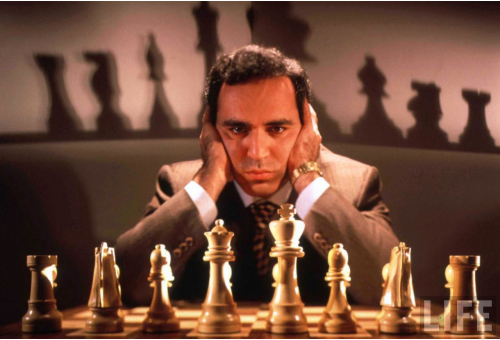After really struggling with that Ugandan novel recently, I picked up Annie John to read next because it is admirably short: 148 pages. Just about enough to feel like a short novel rather than a long story, but I was still able to read it one sitting.

It is the story of Annie John, a girl growing up in Antigua, told in the first person. Not surprisingly, perhaps, given the length, it is one of those books where not very much happens. There are a few incidents—an illness, some friendships—but nothing very remarkable. The focus is on Annie’s relationship with her mother, which starts out very close but becomes increasingly conflicted in adolescence, and ends in a somewhat open-ended way with her leaving home. Which obviously ends that chapter of her life but doesn’t provide any particularly tidy resolution.
Hedgie provides a fuller account of the book over at his place, so I’ll leave it at that and just say that I thoroughly enjoyed it, and quote a bit:
During my holidays from school, I was allowed to stay in bed long after my father had gone to work. He left our house every weekday at the stroke of seven by the Anglican church bell. I would lie in bed awake, and I could hear all the sounds my parents made as they prepared for the day ahead. As my mother made my father his breakfast, my father would shave, using his shaving brush that had an ivory handle and a razor that matched; then he would step outside to the little shed he had built for us as a bathroom, to quickly bathe in water that he had instructed my mother to leave outside overnight in the dew. That way, the water would be very cold, and he believed that cold water strengthened his back. If I had been a boy, I would have gotten the same treatment, but since I was a girl, and on top of that went to a school only with other girls, my mother would always add some hot water to my bathwater to take off the chill. On Sunday afternoons, while I was in Sunday school, my father took a hot bath; the tub was half filled with plain water, and then my mother would add a large cauldronful of water in which she had just boiled some bark and leaves from a bay-leaf tree. The bark and leaves were there for no reason other than that he liked the smell. He would spend hours lying in this bath, studying his pool coupons or drawing examples of pieces of furniture he planned to make. When i came home from Sunday school, we would sit down to our Sunday dinner.
Annie John is my book from Antigua and Barbuda for the Read The World challenge, and my third book for the Caribbean Reading Challenge.
» The picture was taken on Antigua but has no other particular connection to the book. Nice though, I thought. I found it on Flickr; it is © Jeremy Quinn and used under a CC by-nc-sa licence.
